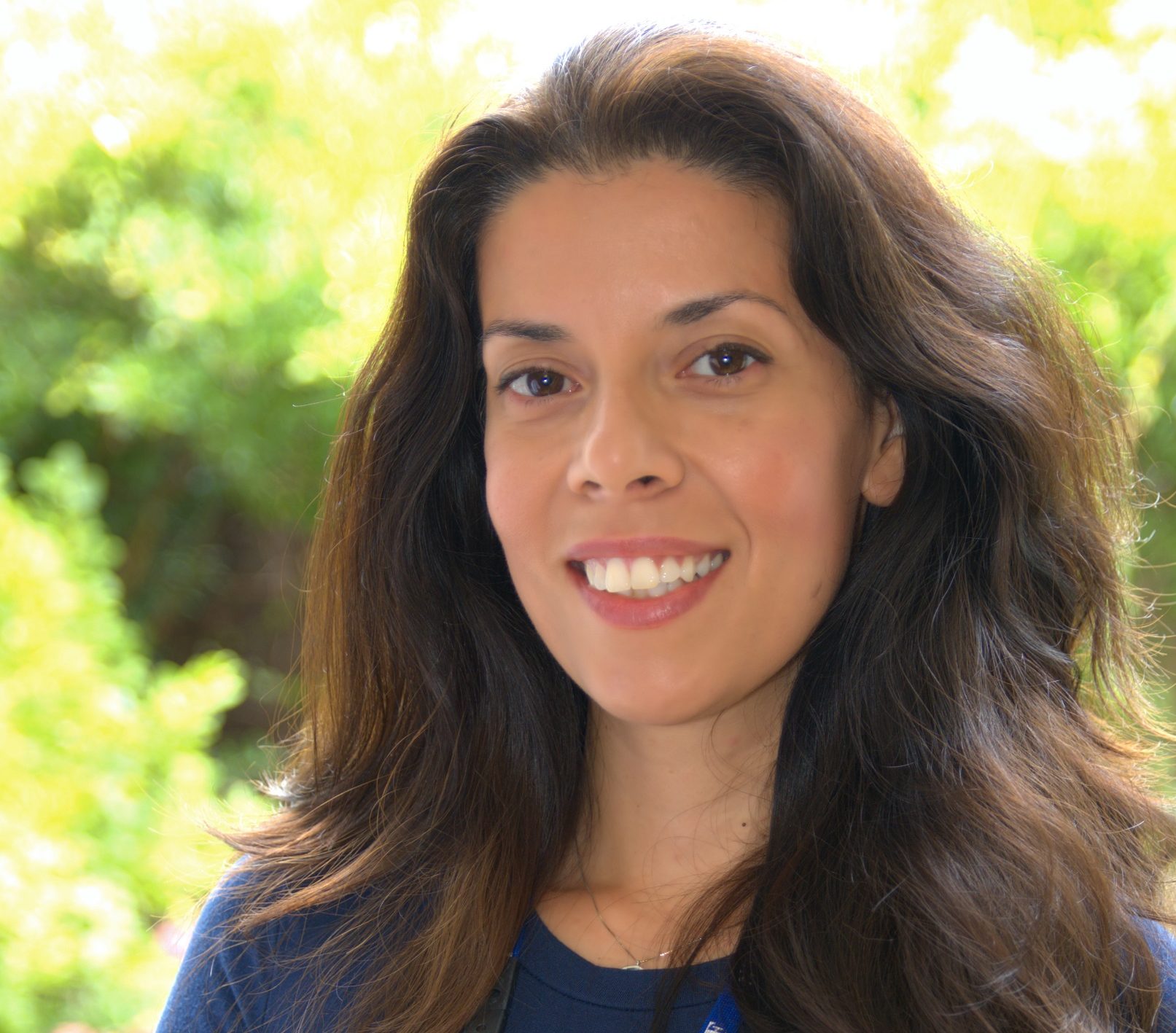Women in Science: How COVID-19 has affected my career in science
Who could have thought that a pandemic would happen? And once it happened, it will last for so many months!
For me, as I am sure for many others as well, this meant that I had to work from home and at the same time homeschool my 8-year-old. As we do not have designated desks in our house the dining table became a place for 3 people to share their laptops. On a positive note, my daughter has now become an expert in using teleconference. Of course, homeschooling a child is not easy. As I am taking the role of the teacher, I must explain to her the lesson so she can do her work. This means that I must divide my time between my work and her work and since she has a deadline to submit it at 4pm, the result for me is to daily finish mine around 8 o’clock at night. In other words, no personal time, no hobbies, not that much rest. Of course, being a scientist means that you do not have an 8-hour shift. You may often work late at night or weekends or even holidays. However, our new reality is much different to that. This is now our every day!
Yet, I consider myself fortunate to have found support from Daphne Jackson Trust along with my advisor at the University, who were considerate of all the rising issues as they were unfolding, helping me to keep my career in science and provide for my family at the same time.
Being a woman, a mum and a scientist was tricky in the first place. The Covid-19 pandemic has made that very obvious. As a mum of a girl, I just hope that my daughter could see how strong women can be and that they can achieve great things even under difficult and unexpected circumstances.
History has proven that women have gone (and still go) through many fights to win a place in science. Surely, a pandemic is not going to stop us!
Good luck to all the women out there! You are all doing a great job!
Dr Alexandra Karamitrou is a Daphne Jackson Fellow based in the Department of Archaeology at the University of Southampton and the National Oceanography Centre, also in Southampton. Her Fellowship is sponsored by the Natural Environment Research Council (NERC).
Related posts
Are you looking for an opportunity to return ...
Have you had a career break for family, caring or health reasons? Would you like to return to your research ...
Daphne Jackson Trust training courses are key to ...
A key element of the Daphne Jackson Fellowship is to help rebuild individuals' self-confidence, which can be lacking following a ...
Support the Daphne Jackson Trust in 2015
We rely on the generosity of sponsors and donors to support STEM professionals wishing to return to their careers with ...
Research carried out by Daphne Jackson Fellow identifies ...
Dr Frances Pearl, a Daphne Jackson Fellow 2011-2013, has analysed genetic data from 5000 cancerous tumours to identify potential new ...
Teresa Anderson MBE, to chair Daphne Jackson Trust’s ...
The Daphne Jackson Trust is delighted to announce that Dr Teresa Anderson, Director of the Jodrell Bank Discovery Centre, University ...
Interview with Daphne Jackson Fellow in The Biochemist ...
Dr Marjorie Gibbons is returning to research at the University of Bath with a Daphne Jackson Fellowship sponsored by the ...





